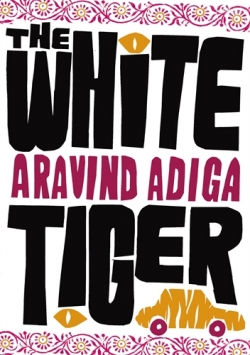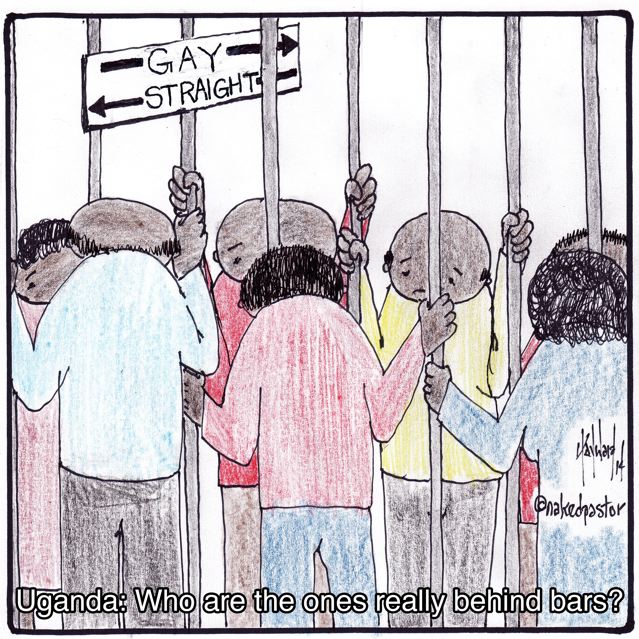 I read Aravind Adiga’s dark novel, The White Tiger. Here’s Publishers Weekly‘s synopsis of the story:
I read Aravind Adiga’s dark novel, The White Tiger. Here’s Publishers Weekly‘s synopsis of the story:
A brutal view of India’s class struggles is cunningly presented in Adiga’s debut about a racist, homicidal chauffer. Balram Halwai is from the Darkness, born where India’s downtrodden and unlucky are destined to rot. Balram manages to escape his village and move to Delhi after being hired as a driver for a rich landlord. Telling his story in retrospect, the novel is a piecemeal correspondence from Balram to the premier of China, who is expected to visit India and whom Balram believes could learn a lesson or two about India’s entrepreneurial underbelly. Adiga’s existential and crude prose animates the battle between India’s wealthy and poor as Balram suffers degrading treatment at the hands of his employers (or, more appropriately, masters). His personal fortunes and luck improve dramatically after he kills his boss and decamps for Bangalore. Balram is a clever and resourceful narrator with a witty and sarcastic edge that endears him to readers, even as he rails about corruption, allows himself to be defiled by his bosses, spews coarse invective and eventually profits from moral ambiguity and outright criminality. It’s the perfect antidote to lyrical India.
Although you can gather what the story line is from the above synopsis, it underestimates the book’s moral power. This is a scathing critique of any society’s corrupt dependence on money and power. The whole purpose of the book is not to expose, say, the injustice of class struggle in and of itself, but how class thoroughly permeates relationships and transactions solely for the sake of securing wealth for the more powerful. The hopelessly poverty-stricken Balram learns early to use everything, including eavesdropping on any conversation, in order to escape poverty, and to get and stay ahead. He calls himself a “social entrepreneur”… someone who has learned to use people, relationships, and social mores to succeed. He’s willing to sacrifice his family, his freedom, his conscience… everything and anything… in order to become successful. Neither communism nor capitalism escape this critique. In a wonderful passage, he reveals that he even uses spirituality to succeed in the corrupt world he has chosen for himself, brutally earned for himself, and ingeniously profits from:
Incidentally, sir, while we’re on the topic of yoga– may I just say that an hour of deep breathing, yoga, and meditation in the morning constitutes the perfect start to the entrepreneur’s day. How I would handle the stresses of this fucking business without yoga, I have no idea.
It was when I read this passage that I realized Adiga is critiquing our society’s marshaling of anything in order to profit from it. And it’s true. I’ve always believed it and am becoming more convinced of it. Spirituality is no longer concerned with dying to self in order to live a life of compassion. Now it’s all about winning, succeeding and triumphing. Spirituality has become an accessory for comfortable living. It is just one of the components of happiness, an ingredient for success, and a tool for the acquisition of wealth (I would include power, but even power is nothing in and of itself, for it leads to wealth, the ultimate goal!) In a nutshell, spirituality has become a mask for murder. In Balram’s case literally. But I would argue that spirituality and religion is used to classify, divide, separate, and ultimately alienate people. And this is not just analogous to murder, but is murder. Murder in the heart. Is there any other kind?
In my opinion this book should be read by every student of business and entrepreneurship!











